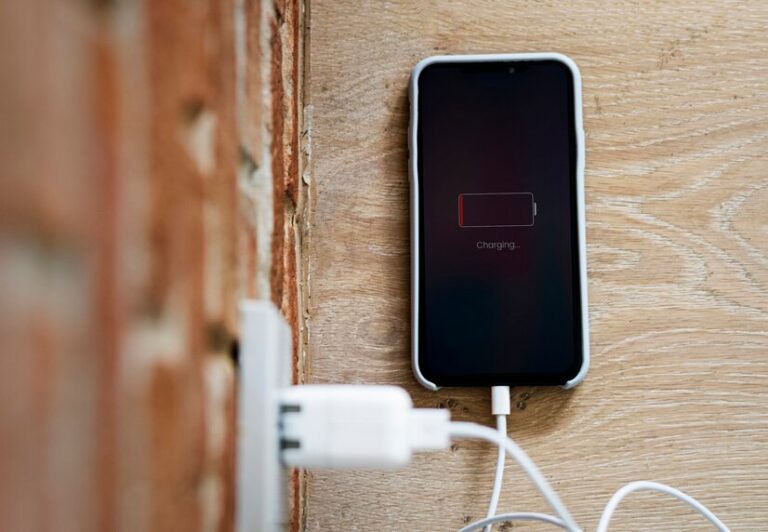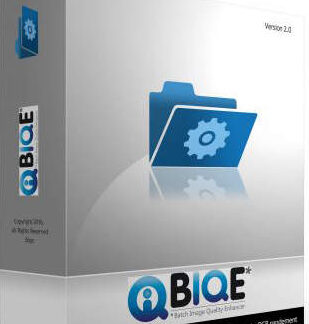How to Accurately Compare and Select the Best Solar Installation Quotation for Your Home
Don’t let the overwhelming choices get to you when it comes to a solar installation quotation. This comprehensive guide is here to assist you. It will help you compare and choose the best option tailored to your energy needs, budget, and goals.
Dive into factors such as cost, equipment quality, warranties, and installer credentials. Make an informed decision. Strike the perfect balance between top-notch quality and unbeatable value.
Let’s power up.
Components of a Solar Installation Quotation
A quotation should outline the costs associated with various aspects of the installation. Here are the components of a solar installation proposal. Pay attention to them before making your final decision.
Solar Equipment
The most critical element of any solar installation is the equipment used. A good quotation will list and describe all the necessary components.
This includes panels, inverters, racking systems, and other hardware required for the installation. Use high-quality and reputable brands. This will ensure the longevity and efficiency of your solar system.
Installation Costs
The installation costs include labor. They also include permits and any extra services required for the installation timeline. Make sure the quotation includes a detailed breakdown of these costs.
Ensure you understand what’s included and excluded from the total cost. Also, ask about any potential hidden fees or unexpected expenses. This will help you avoid any surprises later on.
Warranties
A reputable solar installer will always provide warranties for their work. They will also provide warranties for the equipment used in the installation. Note the warranty and maintenance periods.
Understand the specific coverage provided under each one. A longer warranty period can give you peace of mind. It protects your investment for a longer duration.
Financing Options
Purchasing a solar system can be a significant financial investment. Make sure to consider the financing options provided by the installer.
Many companies offer various payment plans, including leasing, loans, and cash purchases. Compare these options and choose the one that best fits your financial situation.
Credentials and Experience of Installer
The experience and qualifications of the installer are crucial factors to consider. They play a significant role when selecting a solar installation proposal.
Look for industry certifications and accreditations. Also, consider customer reviews and ratings. This will help ensure that you choose a reliable and competent installer.
Maintenance Services
A solar panel requires regular maintenance to operate at peak performance. It also helps to maintain their warranty validity.
Inquire about the maintenance services provided by the installer and their associated costs. A good installer should offer maintenance plans that fit your needs and budget.
Extra Services
Apart from the installation itself, some solar installers may also offer extra services. These services can include system monitoring or energy efficiency upgrades.
Consider these services when comparing quotations. See which installer offers the most comprehensive package for your specific needs.
Factors to Consider
There are a handful of critical factors that should influence your decision-making process. Here are factors to consider when you try to find out the cost of solar energy.
Price vs. Quality
Although cost is the most noticeable aspect of a quotation. It is crucial not to focus on it at the expense of quality. High-quality equipment often comes with a higher price tag. It also offers superior performance and longer warranties. This results in greater long-term savings and reliability.
Equipment and Technology
The quality of the panels and inverters you choose has a direct impact on the performance of your system. Seeking out cutting edge technologies with a proven track record of reliability is crucial.
Warranties and Service
A comprehensive warranty package offers priceless peace of mind. Your system should encompass warranties for equipment, installation, and power production.
These warranties should extend for at least 20 years if not more. This longevity ensures lasting protection and reassurance for years to come.
Reputation and Experience
When it comes to choosing an installer, their longevity is important. Their reputation is also of utmost importance. To ensure customer satisfaction, it’s crucial to seek out reviews. Make sure to consider testimonials and word-of-mouth recommendations.
These valuable resources will provide insights into the experiences of others. They will help you make an informed decision.
Local Climate and Sunlight Exposure
Consider your local climate conditions. Also, think about the typical sunlight exposure your property receives throughout the year. Some solar panels are better suited for specific climates.
They may have different performances under different conditions. These conditions can include high temperatures or low light. An installer can help you select the best equipment for your region’s solar profile.
After Sales Support
Scrutinize the level of after-sales support offered by the installer. Reliable after-sales service addresses any issues post-installation. This includes help with warranty claims, system monitoring, and technical support.
Comparing and Analyzing Quotations
With a firm grasp of a quotation’s contents and the critical evaluation factors. It’s time to get down to the nitty-gritty of comparison.
Creating a Spreadsheet or Comparison Chart
A visual representation can help clarify complex data. Create a spreadsheet to compare costs, equipment specifics, warranties, and extra services. Also, include any subsidies offered by each installer.
Evaluating the Provided Information
Scrutinize every quotation to ensure you don’t overlook any information. Pay special attention to any variance in equipment brands or models. This can affect your system’s performance and longevity.
Asking the Right Questions
Don’t be afraid to reach out to the installers to clarify any uncertainties. Push for a complete understanding of what is being offered. Also, inquire about the reasons behind certain costs or inclusions.
Understanding Energy Consumption Patterns
It is vital to understand your household’s energy consumption patterns. Make sure you have a clear understanding of how much energy you use.
Here are some tips to help you get started:
Analyze Your Past Utility Bills
Review your past utility bills to understand the trends of your energy consumption. This information will allow you to determine the system size and type of solar system. It will help you find the one that best suits your needs.
Identify Peak Usage Times
Take note of the times when your household consumes the most energy. This could be during specific hours of the day or certain months of the year. Understanding your peak usage times can help. It can determine the optimal placement and orientation of your solar panels.
Consider Future Needs and Changes
Consider future changes in your household’s energy needs. This could include adding new appliances or accommodating changes in household size. It is advisable to choose a system that can accommodate potential future changes.
Take Advantage of Online Tools or Software
Online tools and software are available to help you analyze your consumption patterns. These can provide valuable insights into your household’s specific needs. They help you make a more informed decision when choosing a solar installation proposal.
Consult With a Solar Energy Professional
Seeking the advice of a solar energy professional can also help you understand your household’s energy consumption patterns. They can analyze your past utility bills and provide personalized recommendations for a solar system that best fits your needs.
Local Regulations and Incentives
It is crucial to be aware of any local regulations, codes, and incentive programs that could influence your solar installation.
Here are the different regulations and incentives to consider:
Building Codes and Permits
Before starting your solar installation, make sure to check with your local authorities for any building codes or permit requirements. These may vary depending on your location and could affect the type of solar system you can install.
Net Metering Policies
Net metering policies allow homeowners to earn credits for excess energy produced by their solar system and fed back into the grid. Familiarize yourself with your state’s net metering policies to understand how much you can save.
Tax Credits and Rebates
Many states offer tax credits or rebates for solar installations, which can reduce your upfront costs. Check with your local government or a solar energy professional to see if you are eligible for any incentives in your area.
Renewable Energy Certificates
Renewable Energy Certificates are certificates that represent the environmental benefits of producing renewable energy. Sometimes, solar system owners in certain areas can sell these to utilities, earning extra income.
Making the Final Decision
Armed with detailed comparisons and a deeper understanding of each quotation, you are now ready to make a selection.
Weighing the Pros and Cons
Consider both the tangible and intangible advantages and disadvantages of each offer. Assess how well each option aligns with your goals, budget, and household energy needs.
Seeking Professional Advice
If the technicalities of solar energy are daunting, consulting with a solar energy professional can provide invaluable guidance. They can help you interpret the quotes and offer insights into your specific situation.
Trusting Your Instincts
Finally, trust your instincts. If a particular company stands out to you for any reason, delve into why that may be. Gut feelings, particularly when supported by solid research, can be powerful indicators.
Deciphering the Solar Installation Quotation Puzzle
Embarking on the journey towards renewable energy for a brighter tomorrow? Choosing the perfect solar installation for your home is a thrilling adventure. Explore proposals, energy needs, incentives, and regulations.
Compare costs, quality, experience, and the array of services offered when looking for a solar installation quotation. It’s not a financial commitment. It’s a chance to make a positive impact on the environment.
Seek professional advice and let the sun’s power light up your life.
Head over to our blog for more helpful reads like this.







